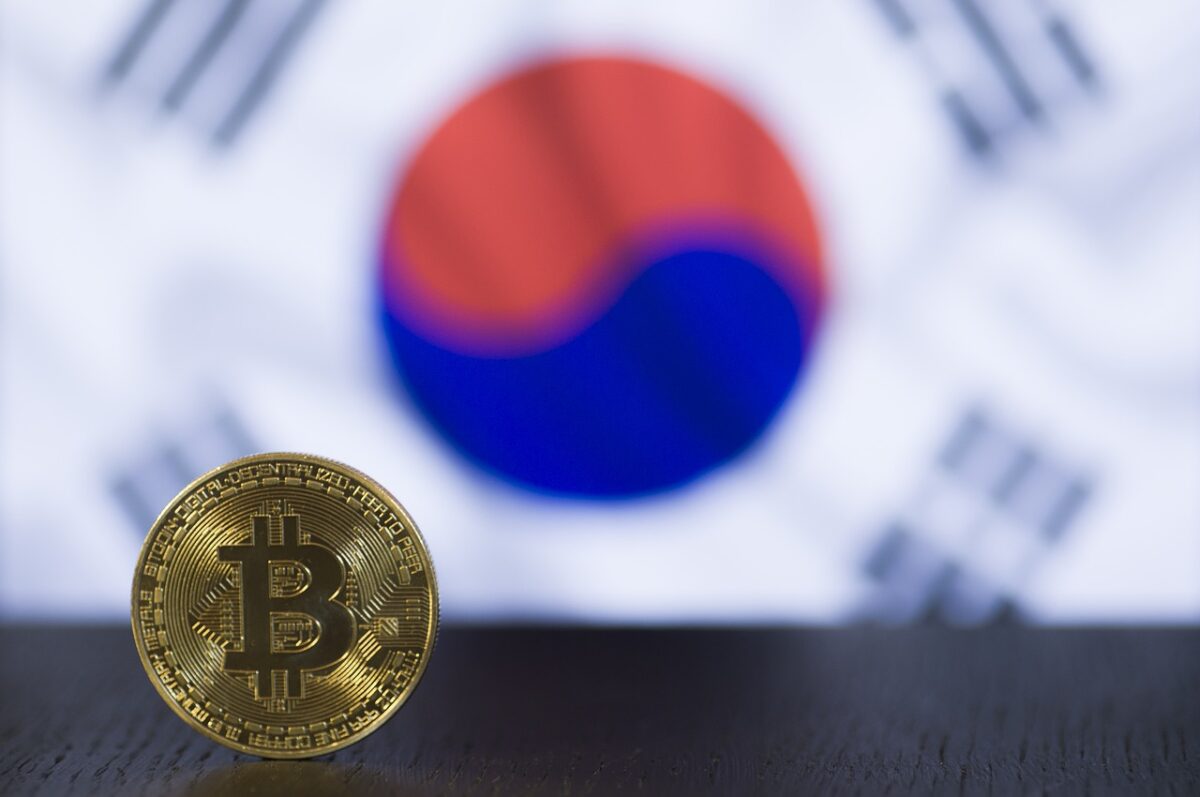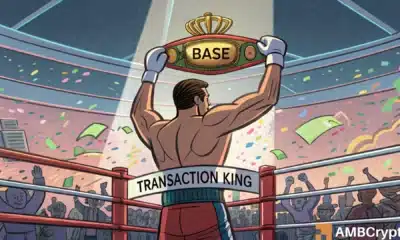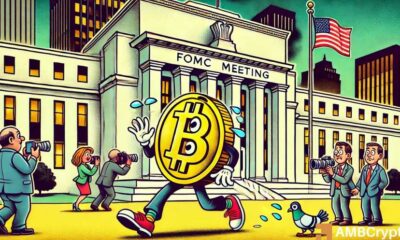Why South Korea’s ‘Kimchi coins’ are in trouble

With changing regulatory landscape in South Korea, it has been getting tough for the cryptocurrency exchanges to comply. The result of this confusion has led many exchanges to limit the number of cryptocurrencies they offer in the country. As per reports, the exchanges have begun a cleansing process and classifying some altcoins as “Kimchi coins.”
South Korea crypto market is familiar with the term Kimchi premium- which is the difference in crypto asset prices between South Korean exchanges and foreign exchanges. Compared to the rest of the world, there were more cryptocurrencies available to the citizens of this East Asian country issued primarily by South Koreans which are termed as “kimchi coins.”
This led crypto exchange Upbit to warn users about certain projects that did not meet “internal standards, and measures to protect investors are necessary.” These included 25 of the 178 tokens on the platform, whereas five more were curtailed from trading using Korean Won. Following this, Upbit announced on 18th June that trading in 24 of the 25 flagged tokens will be halted.
Regulations threaten small exchanges
While not all cryptocurrency exchanges agreed with Upbit’s decision, some followed suit like Coinbit. However, this move from the exchanges has come after the authorities announced denying access to personal bank accounts for platforms with “too many” coins.
As per the new rules, crypto operators will have to file a report with the government by 24th September. The report will require the operators to provide an information security management system for security verification, along with confirmation of their personal bank account for holding deposits and withdrawals. This will also enable the authorities to verify the identity of the users. The final step for exchanges will be to comply with the regulations.
Reports suggested that with the updated laws, only the top four cryptocurrency trading platforms will be able to get meet the bank account requirements, while the remaining may be forced to shut down.
The bank’s hesitation in providing real-name service to others stems from the fear of money laundering. Prominent banks like NH Banks and Shinhan Bank were conducting risk assessments on largest exchanges like Upbit, Bithumb, Coinone, and Korbit. However, no banks were ready to take on small crypto exchanges. This will push such exchanges to shut shop.
Due to these circumstances, many exchanges were considering suing the government and financial authorities, claiming that the crypto law is unconstitutional. The exchanges believed that the government was avoiding its responsibility.
With the regulatory environment becoming murky, exchanges and the government may want to work together to avoid loss of capital and security for the businesses and the users. If the exchanges move to court to challenge the crypto law, we may see the deadline to submit the report by exchanges getting postponed too.






